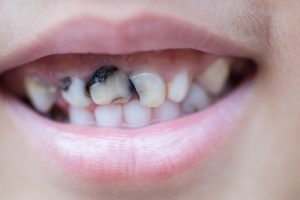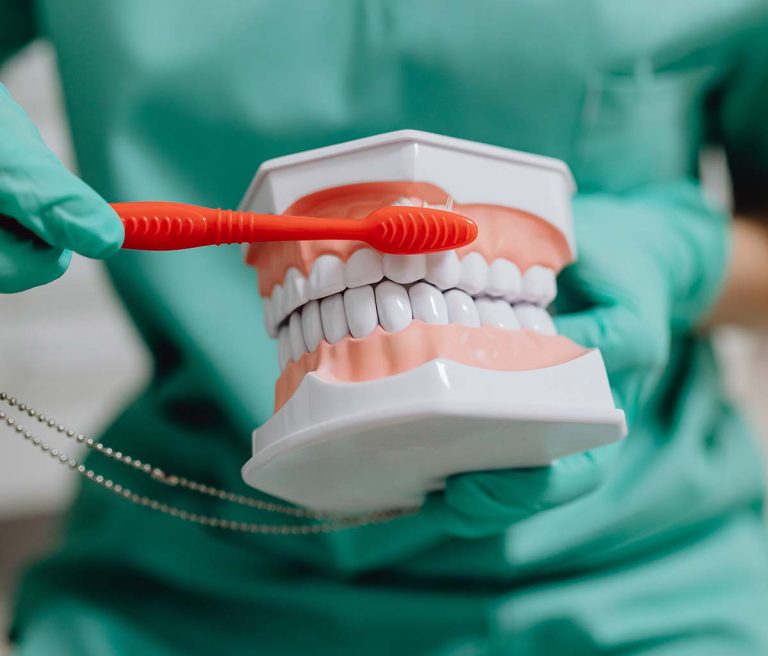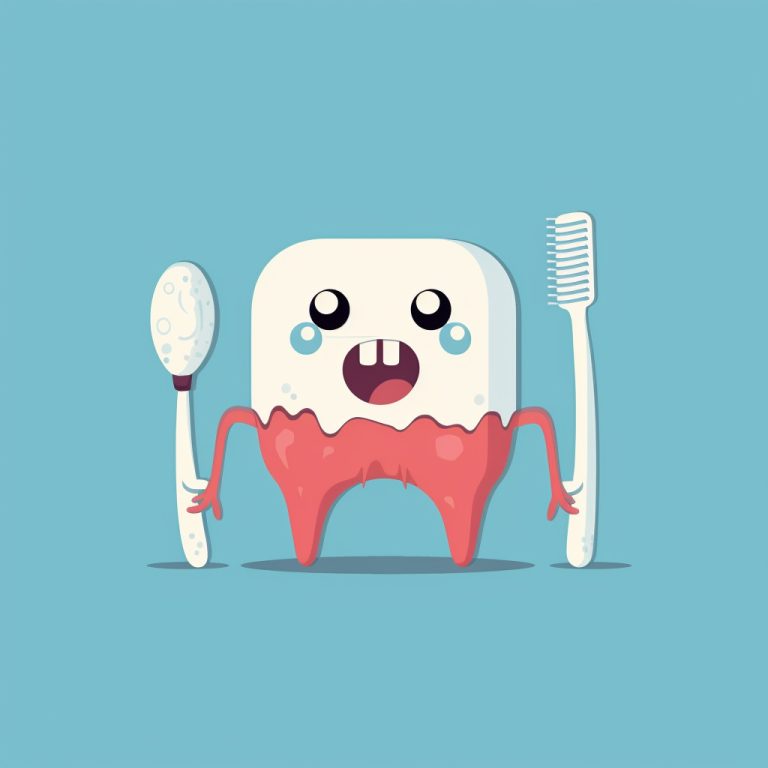Bad breath, or halitosis, is a common problem that can affect people of all ages. It is estimated that up to 50% of people experience bad breath at some point in their lives. Bad breath can be embarrassing and can affect a person’s confidence and social life. There are many possible causes of bad breath, and in this article, we will explore some of the most common ones.
Poor Oral Hygiene
The most common cause of bad breath is poor oral hygiene. When we eat, food particles can get trapped in our teeth and on our tongue. These food particles can start to decay and produce a foul odor. Bacteria can also build up in our mouth, causing bad breath. Brushing twice a day, flossing, and using mouthwash can help to remove food particles and bacteria from our mouth and prevent bad breath. Most importantly, seeing your dentist for regular dental cleans to prevent dental disease.
Dental Diseases/Infections
Certain conditions such as tooth decay and impacted wisdom teeth can increase bacteria and cause bad breath. See your dental for regular examination and dental maintenance.

Dry Mouth
Another common cause of bad breath is dry mouth. Saliva helps to wash away food particles and bacteria in our mouth. If our mouth is dry, there is less saliva to wash away these particles, leading to bad breath. Dry mouth can be caused by certain medications, dehydration, and certain medical conditions. Drinking plenty of water and using sugar-free gum or lozenges can help to stimulate saliva production and reduce bad breath.
Tobacco Use
Tobacco use is another common cause of bad breath. Smoking or chewing tobacco can cause a foul odor in the mouth that is difficult to mask. Tobacco use can also lead to gum disease, which can further contribute to bad breath. Quitting tobacco use can help to improve oral health and reduce bad breath.
Diet
Our diet can also affect our breath. Eating foods with strong odors, such as garlic and onions, can cause bad breath. These odors can stay in our mouth even after we brush our teeth. Additionally, certain diets, such as low-carbohydrate diets, can cause our body to produce chemicals called ketones, which can lead to bad breath. Eating a balanced diet and avoiding foods with strong odors can help to reduce bad breath.
Medical Conditions
Certain medical conditions can also cause bad breath. These include:
- Gum disease: Gum disease can cause bad breath and should be treated by a dentist.
- Sinus infections: Sinus infections can cause bad breath due to the presence of mucus in the sinuses.
- Acid reflux: Acid reflux can cause bad breath due to the presence of stomach acid in the mouth.
- Diabetes: Diabetes can cause a sweet or fruity odor on the breath due to high levels of ketones in the blood.
- Liver disease: Liver disease can cause a musty odor on the breath due to the presence of certain chemicals in the blood.
In conclusion, bad breath can be caused by a variety of factors, including poor oral hygiene, dental diseases, dry mouth, tobacco use, diet, and medical conditions. Maintaining good oral hygiene, staying hydrated, avoiding tobacco use, eating a balanced diet, seeing your dentist regularly and seeking medical treatment when necessary can all help to reduce bad breath. By addressing the underlying cause of bad breath, you can improve your oral health and confidence.



